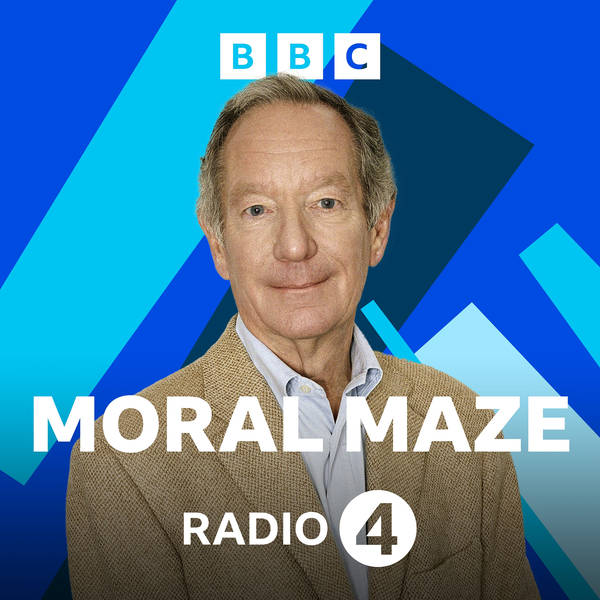
Social Convention
Would you ******* believe it? A council has ******* banned swearing in public. The council in question is Salford which has used a Public Space Protection Order to tackle anti-social behaviour in the Salford Quays area which includes Media City, home to the BBC, which might be just a coincidence. Part of the order says it will be deemed a criminal offence if anyone is caught 'using foul and abusive language'. Public Space Protection Orders, or PSPOs, are similar to ASBO's (anti-social behaviour orders), and allow for broad powers to criminalise behaviour that is not normally criminal. PSPOs are geographically defined, making predefined activities within a mapped area prosecutable. Since they came into existence in 2014 many councils have embraced their new powers enthusiastically, with various PSPO's making, or attempting to make, it a criminal offence to sleep rough, drive a loud car and walk a dog without a lead. It seems that control, or regulation, of public space is becoming more common. In the last month alone a council in Wales has banned smoking on a public beach, the London Underground is considering stopping people walking up escalators and a well known store asked a customer to leave because her toddler was having a tantrum. Are regulations to tackle public nuisance a commendable attempt to protect us or an oppressive enforcement of social conformity targeting public activities that are merely unusual or unpopular? This tension between individualism and the common good is an issue which bedevils so many aspects of contemporary society. If it is true that inconsiderate behaviour is increasing in our society, how should we deal with it? How do we balance our moral obligation to the rest of society with our desire to do what we **** well please? Chaired by Michael Buerk with Claire Fox, Michael Portillo, Giles Fraser and Anne McElvoy. Witnesses are Anna Minton, Alfie Moore, Danny Kruger and Terry Christian.
